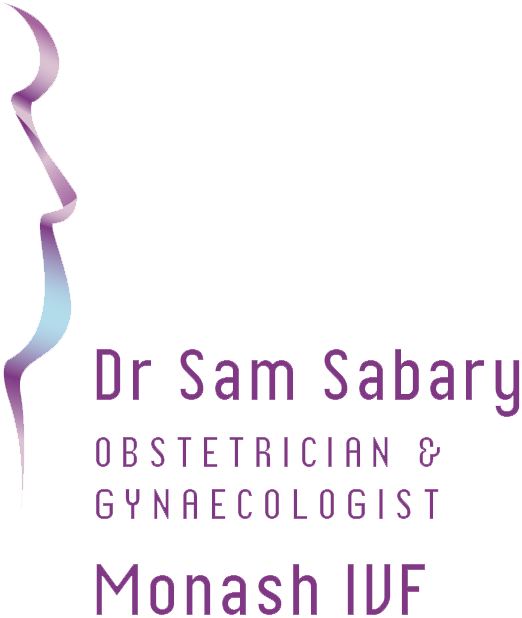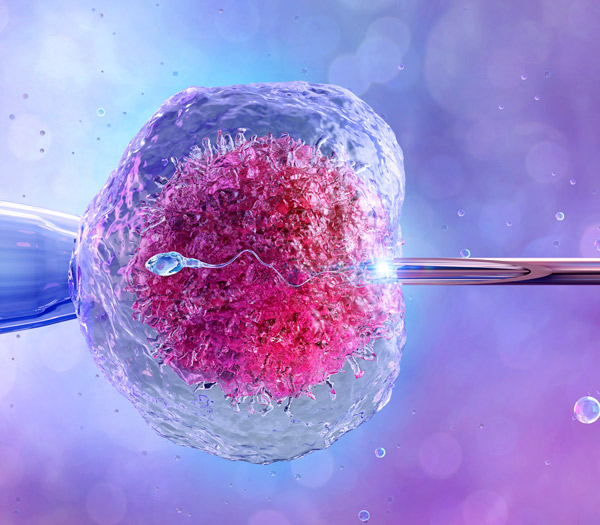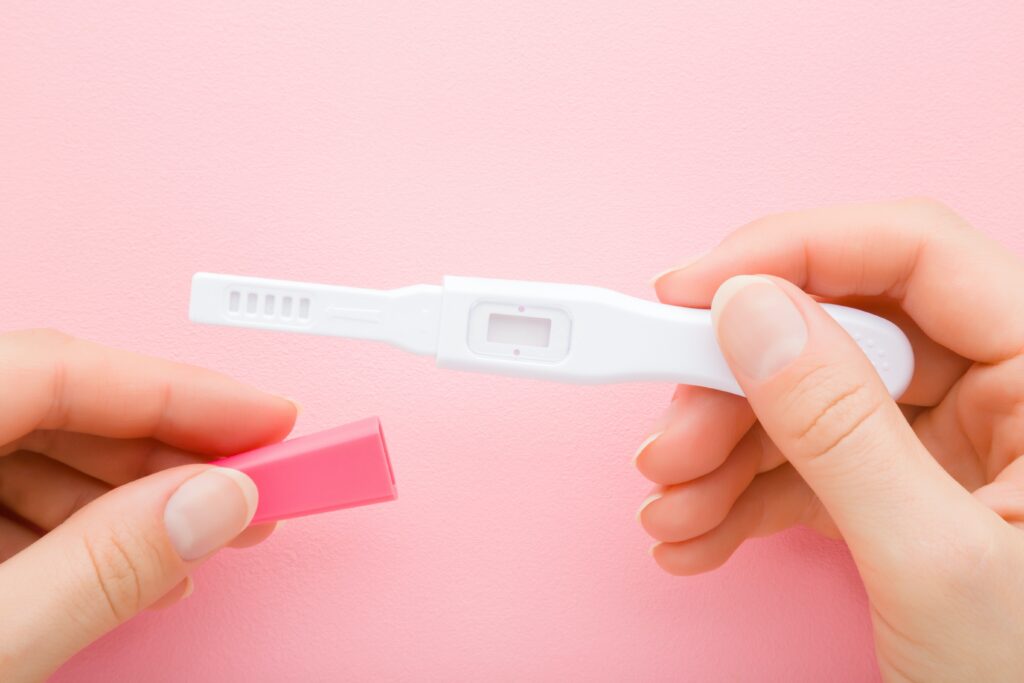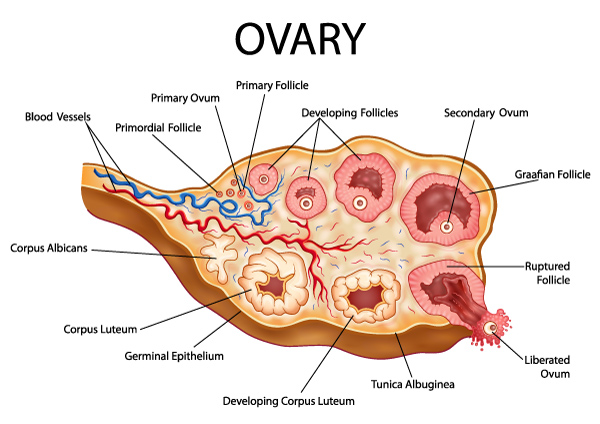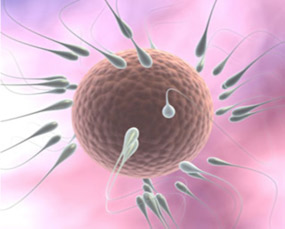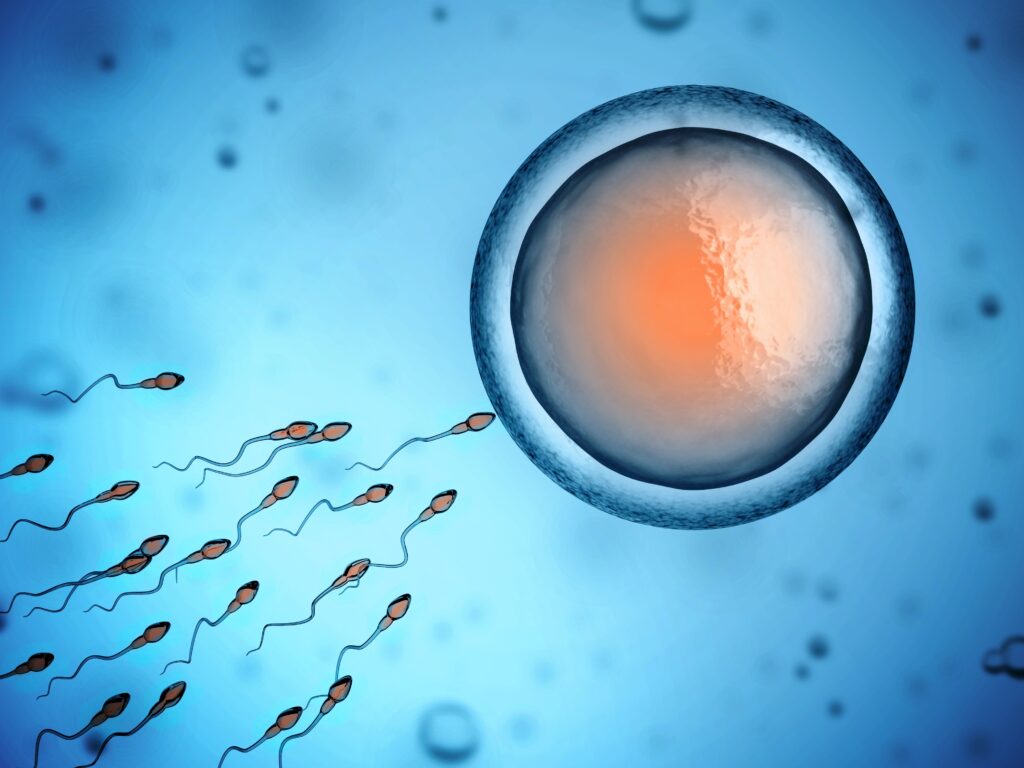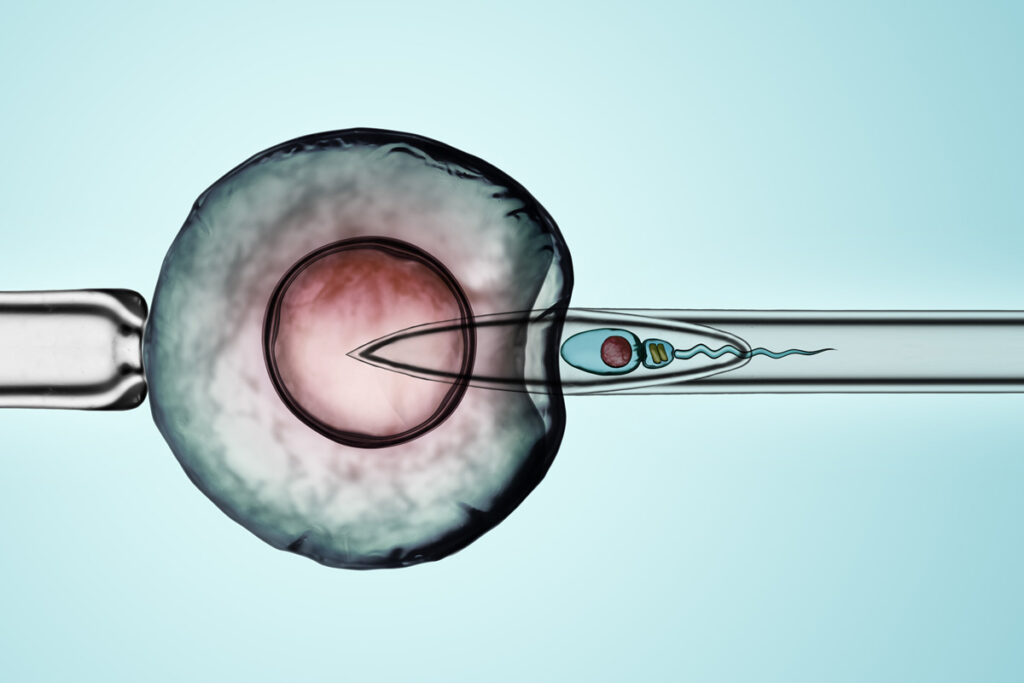With today’s busy lifestyles, many couples plan carefully to ensure the time is just right to achieve pregnancy and start a family. For the vast majority of couples, pregnancy occurs naturally within 12 months of trying to conceive.
Infertility by contrast is defined as the inability to conceive after 12 months or more of unprotected sex. Current data suggests that one in six Australian couples will experience fertility difficulties.
Whilst there are many reasons for a diagnosis of infertility, they generally fall into four groups; issues relating to the male partner, issues relating to the female partner, presenting issues in both partners, and unexplained infertility – a term used when there is no medical explanation as to why the couple can’t conceive.
So if you have been unsuccessful in conceiving for 12 months or more, make an appointment to discuss this with your GP. For those of you where the female partner is over 35, make an appointment with your GP if you’ve been unsuccessful for six months or more.
